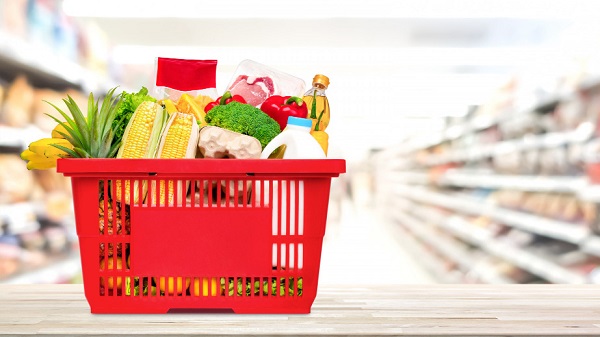
On Wednesday 8 March 2023, Luxembourg's national statistics office, STATEC, announced that the country's national consumer price index rose by 1.7% compared to the previous month; by neutralising the effect of the return of sales, the index rose by 0.7% compared to the previous month (this movement is mainly explained by an increase in food prices).
In February, the monthly change in the general index has been mainly due to the upward impact of the divisions affected in January by the winter sales, namely “Clothing and footwear” (+13.5% compared to the month of January), “Leisure and culture” (+2.7%) and “Furniture, household items and routine home maintenance” (+2.5%).
The prices of food products continued the marked upward trend and gained 1.9% in monthly comparison. The biggest increases compared to the previous month are observed for sugar (+9.8%), fresh vegetables (+9.7%), pasta and couscous (+4.0%) and cheese (+1.9%). Prices for fresh fish (-3.9%), and dried fruits and nuts (-1.4%) fell back compared to January. In annual comparison, food prices are 13.6% higher.
Several other price increases have an upward influence on the overall result compared to January. These relate in particular to the prices of package holidays (+9.4%) due to the carnival school holidays and those of plants and flowers (+13.0%), boosted by the feast of Saint Valentine.
The petroleum products aggregate fell 0.9% compared to January. In particular, bills have been reduced by 6.7% compared to the previous month for households that have filled their oil tank. At the pump, the price of diesel fell by 2.7%, while the price of a litre of petrol increased 3.5% in one month. The prices of oil derivatives are 3.5% lower compared to February 2022.
Inflation is also influenced by the surge in service prices, which rose by 0.7% in one month, in particular under the effect of wage indexation on 1 February. Rates for retirement / care homes increased by 2.2% in one month. In addition, prices of hairdressing salons have been adjusted upwards, as have prices of housing maintenance services. Price increases were also noted in the catering sector (+0.7%). Furthermore, the pricing of medical and dental services is mechanically linked to salary indexation.
The annual inflation rate stands at 4.3% against 4.8% a month earlier. The underlying annual inflation rate remained stable at 4.8% in February. The general index for the month of February expressed at base 100 in 2015 amounts to 118.54 points. The half-yearly average of the index connected to the 1 January 1948 base goes from 965.06 to 967.48 points. The next indexing will be triggered when the value of 988.76 is reached.
Application of an index bracket
In accordance with article 3 of the law of 29 June 2022 (transposing certain measures provided for by the tripartite agreement of 31 March 2022), the application of the index tranche triggered in June 2022 was postponed to April 2023. The new application rating of the sliding salary scale of 921.40 points (former rating: 898.93 points) will enter into force on 1 April 2023, resulting from this date in a 2.5% increase in wages, salaries and pensions.








